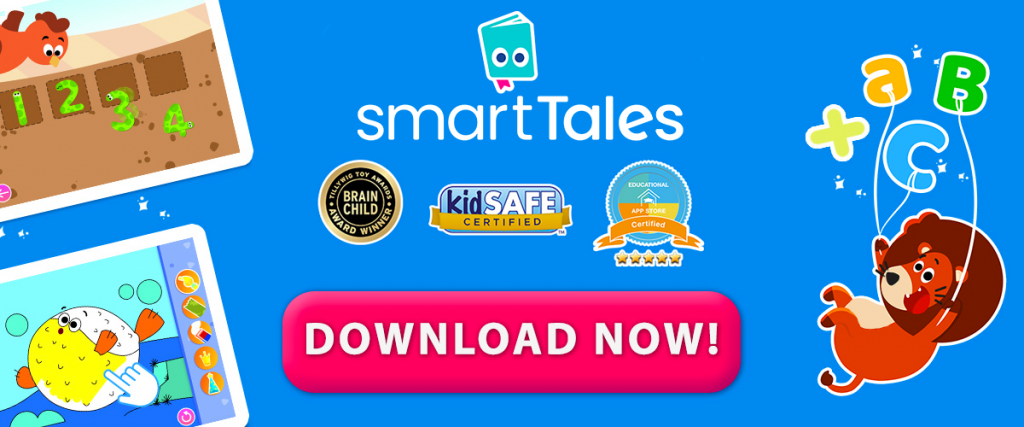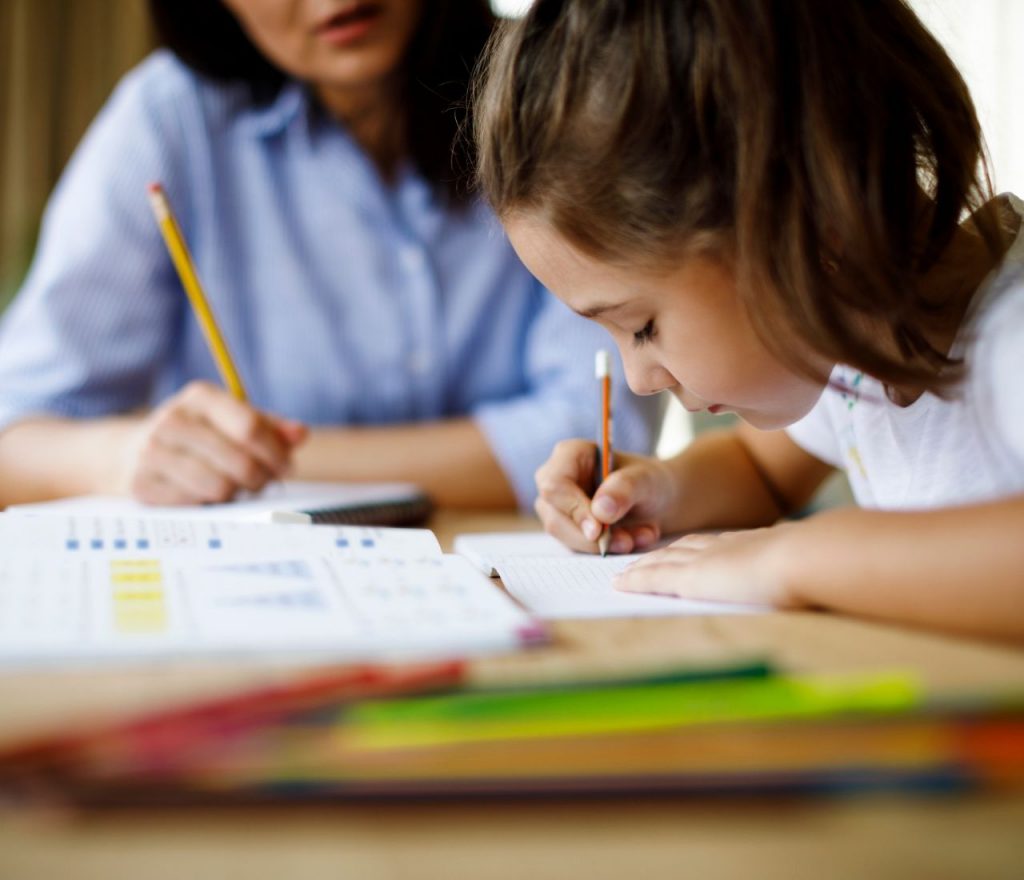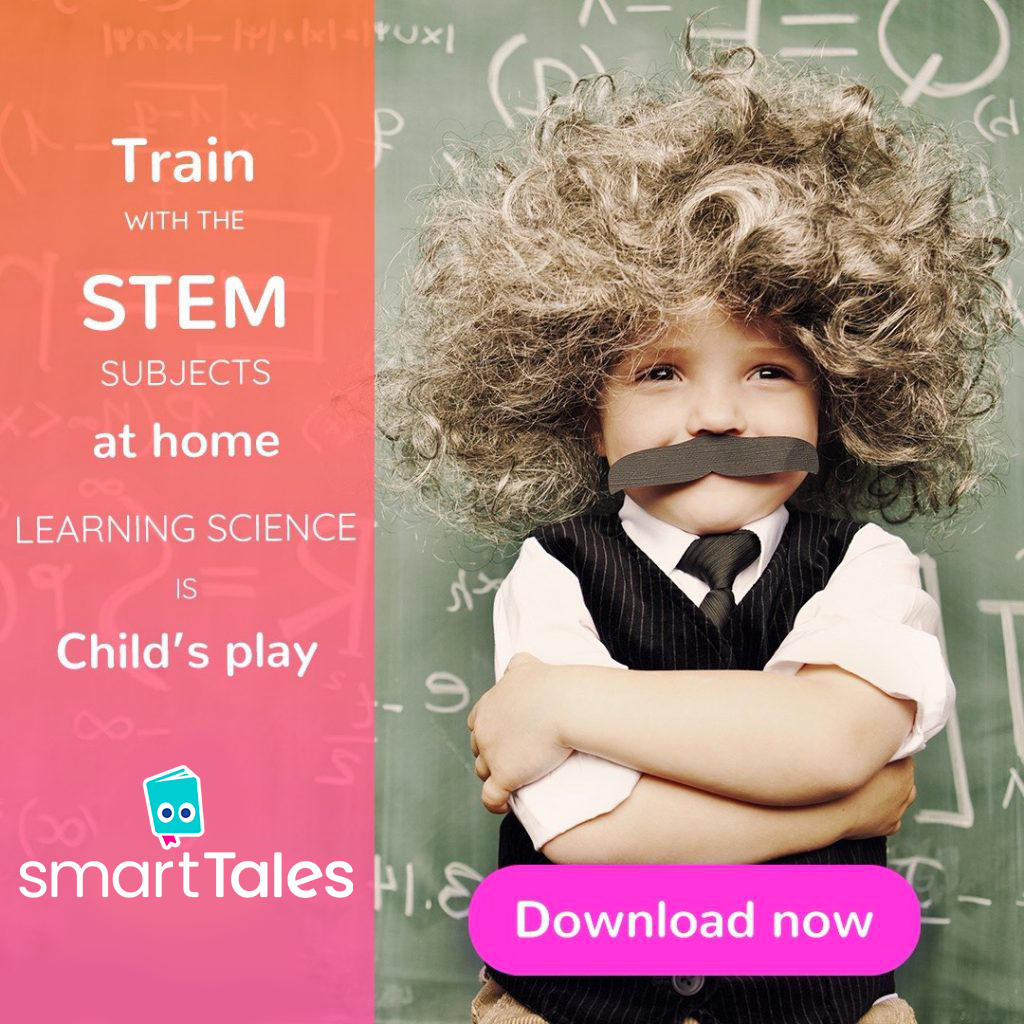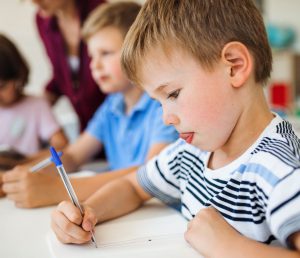Some tips to prepare children for primary school
Many parents assume that reading, writing and arithmetic are learned when they enter primary school. In reality, this is a myth that needs to be dispelled.
Children start developing the prerequisites that are essential for future learning even before they enter school. Let’s see what they are and how to train them at home.

Before reading
Children’s ability to manipulate the sounds of spoken language develops from around the age of 5. These are the so-called metaphonological skills, i.e. the recognition of rhymes, syllables (e.g. he -ro, ze-ro) and the classification of words according to their length.
Try to ‘play with words’ with your children. For example, you can tell them a word “in pieces” and ask them to guess it (mo-tor: what is this word?) or find words that rhyme together or all those that begin with a certain syllable (“ba” like bat, ball, bank…).
Children at this age should pronounce all language sounds correctly, have a large vocabulary and an adequate ability to understand and form sentences as well as repeat nursery rhymes and tell stories.
The best way to enhance these skills is to read picture books together, comment on the scenes, make observations and answer questions. Even a day out can become an opportunity to learn many new words!

Before writing
In order to write well, children do not only need to be able to hold a pen and pencil correctly, but also to revise shapes and sketches, use scissors, build puzzles easily and complex constructions with bricks, as well as copying a geometric figure in a recognisable way.
No less important is the ability of children to correctly occupy the space on the paper by reading and/or writing from left to right, to recognise spatial relationships (above, below, inside, outside) and to recognise the differences between two images.
Games are the best ally for developing visual-motor and visual-spatial skills. There is a lot of material on the market, but sometimes you just need to use your imagination.
Print, colour, cut out drawings together and build towers and fortresses as high as the sky! You can involve the children in household chores, for example by putting objects in and out of containers. It will also be a good opportunity to put toys away in the playroom!

Before mathematics
A child who is ready for primary school must know the numbers 0 to 10 and be able to match the “number-word” (one) to both the graphic sign (1) and the quantity of the set they are counting.
Logical-mathematical skills develop from a very early age. Children soon learn to recognise which of the two groups contains the largest number of elements and to be able to estimate the number of a set of objects ” with their eyes “.
Discover Smart Tales
The best way for a child to learn is through playing. In Smart Tales the stories teach empathy and social skills and the games are a training ground for concentration, reasoning and problem solving. Your child will be ready for school and much more, they will be more self-assured, confident and happy.













 in Italy
in Italy